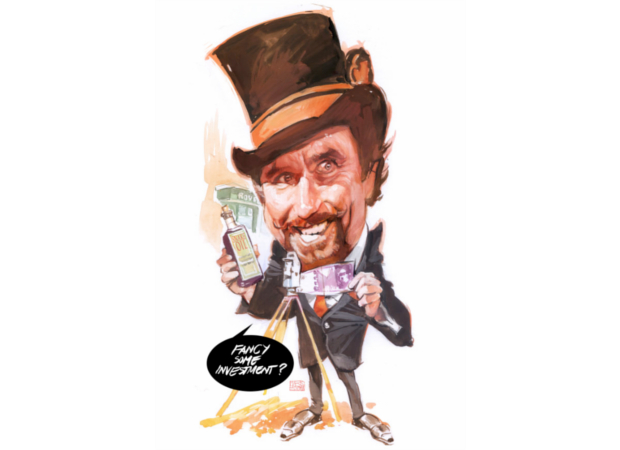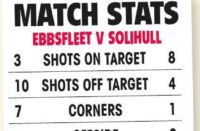IS IT purely philanthropy or is there something tangible about investing in a Non-League football club?
It is hard to justify investment in any sports club, let alone a Non-League outfit, but all over the country, local football is short of money and struggling to live within its means.
“Just do the math” as they would say on an investment banking trading floor. Money in, money out. That’s how many Non-League clubs run. Indeed, some Football League clubs are in the same position.
For a game that is awash with cash, thanks to TV money, best-ever attendances and massive media exposure, the bottom line is generally very anaemic.
In the Non-League game, wages are still too high, and in most cases, teams are making too many long journeys to play in front of a few hundred people.
So year-in, year-out, clubs are always looking for “investors”. Most of these are not really investors at all but donors. Nobody is ever going to make a fast buck out of Non-League football.
Fortunately, there’s a lot of good people in Non-League football, terrific stalwarts and generous, well-intentioned sponsors that keep the game going at this level.
Sadly, the wrong people can also turn up on your doorstep, promising the world and the next “snake-oil” remedy.
In today’s environment, clubs have to be aware of money launderers and tax-dodgers and of course, the huge ego that creates an ‘Emperors new clothes-style regime’.
Property speculation is another reason why opportunists get involved in the Non-League game. Often clubs are sitting on real estate that can be very valuable, so whenever a property man gets interested in a club, suspicion is aroused.
Of course, a relocation can be a very lucrative project for a club, removing debt and legacy issues and offering the chance of rebirth on a new shiny site that offers broader facilities than those that existed at the original home of the club.
But the problem is that the “investor” might look to leverage the property deal for his or her own benefit. Some might argue that if the club gets a new home, where’s the problem? But Non-League clubs are too often vulnerable to the sharp businessman.
Loyalty
Given that Non-League doesn’t have the critical mass needed to make big money, the real estate angle is often the only way any investor could get something back in return. “And why not?”, some would say, as investment often comes in the form of propping-up woeful balance sheets.
Another avenue that could appeal to investors is in being given the chance to run the concessions and entertainment facilities at a club in return for a substantial cash sum. Some clubs franchise their bar and social facilities, which is usually a sign that the club cannot make a profit or devote the time to turning their clubhouse into a profitable venture.
Of course, this demands a certain set of skills and often unloading the responsibility can come as a big relief to the club.
Invariably, people want something back in return for cash injections. But there’s one set of stakeholders that don’t seem to require a quick financial return – supporters.
I’ve long been an advocate of supporters’ trusts and fan-owned clubs at Non-League level. In truth, they are probably the least demanding segment of the triumvirate of sponsor, investor and fan.
In the Non-League game, the idea of “involvement” and “engagement” appeals to the loyal supporter who has stood on the terrace for decades. Football fans claim that their club belongs to the people that watch it, but the fact is, clubs like Manchester United, Chelsea and Arsenal do not belong to the fans – they are the property of owners and shareholders.
Whether we like it or not, the paying spectator is a customer – albeit a special type of customer that deserves to be repaid for loyalty.
Non-League clubs have the opportunity to offer something that fans of the behemoth clubs cannot hope to benefit from, acquiring a realistic stake in the club.
It is not the only way for there are many models, and there are genuine people who are literally benefactors and philanthropists who want to connect with their local community.
The message is clear, engage your “investors” carefully, make sure they know the limitations and, above all, manage their expectations. They need to be clear that Non-League is more Coronation Street than Wall Street.
Above all, be aware of theodolites turning up on the centre circle in the close season!
























